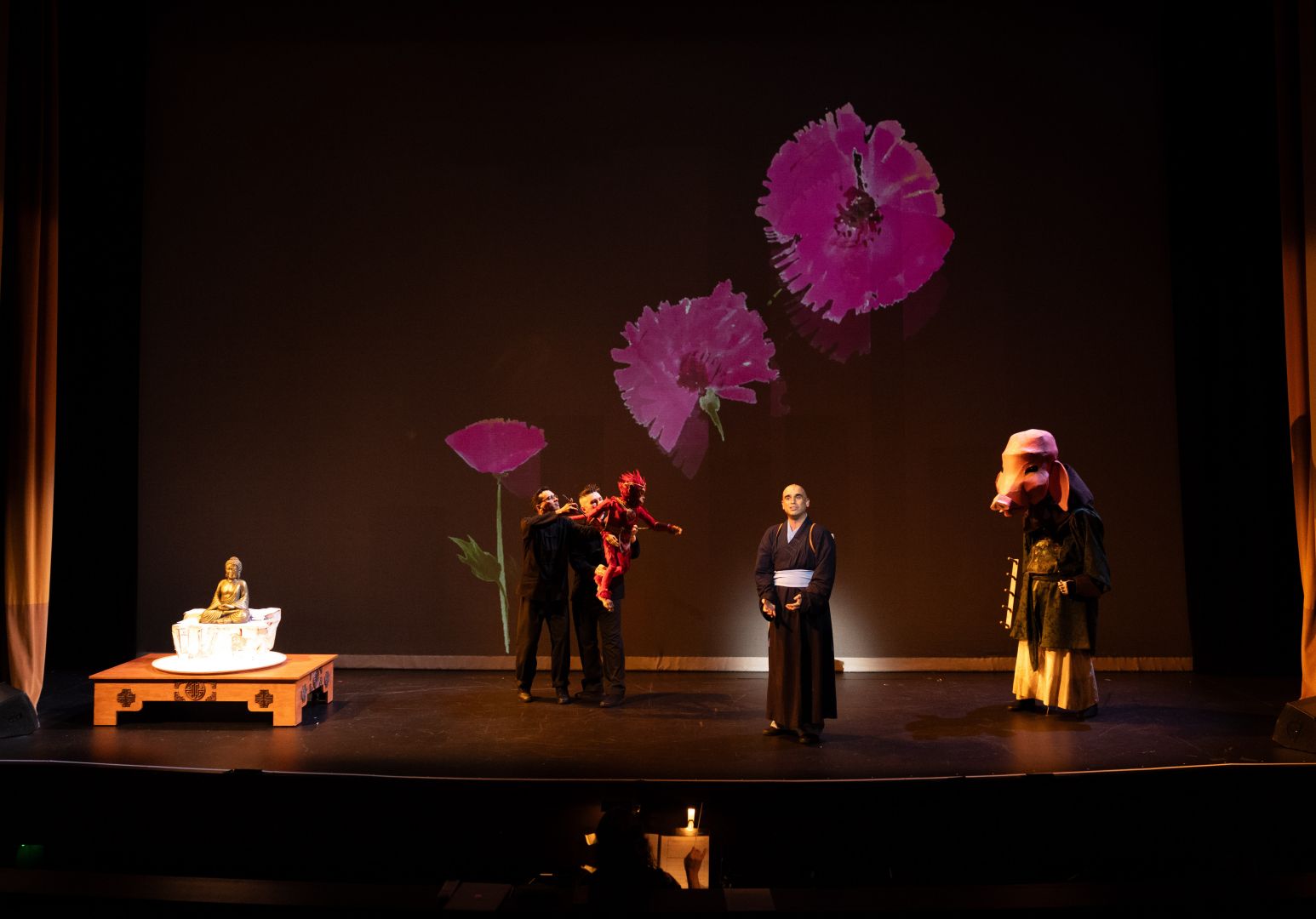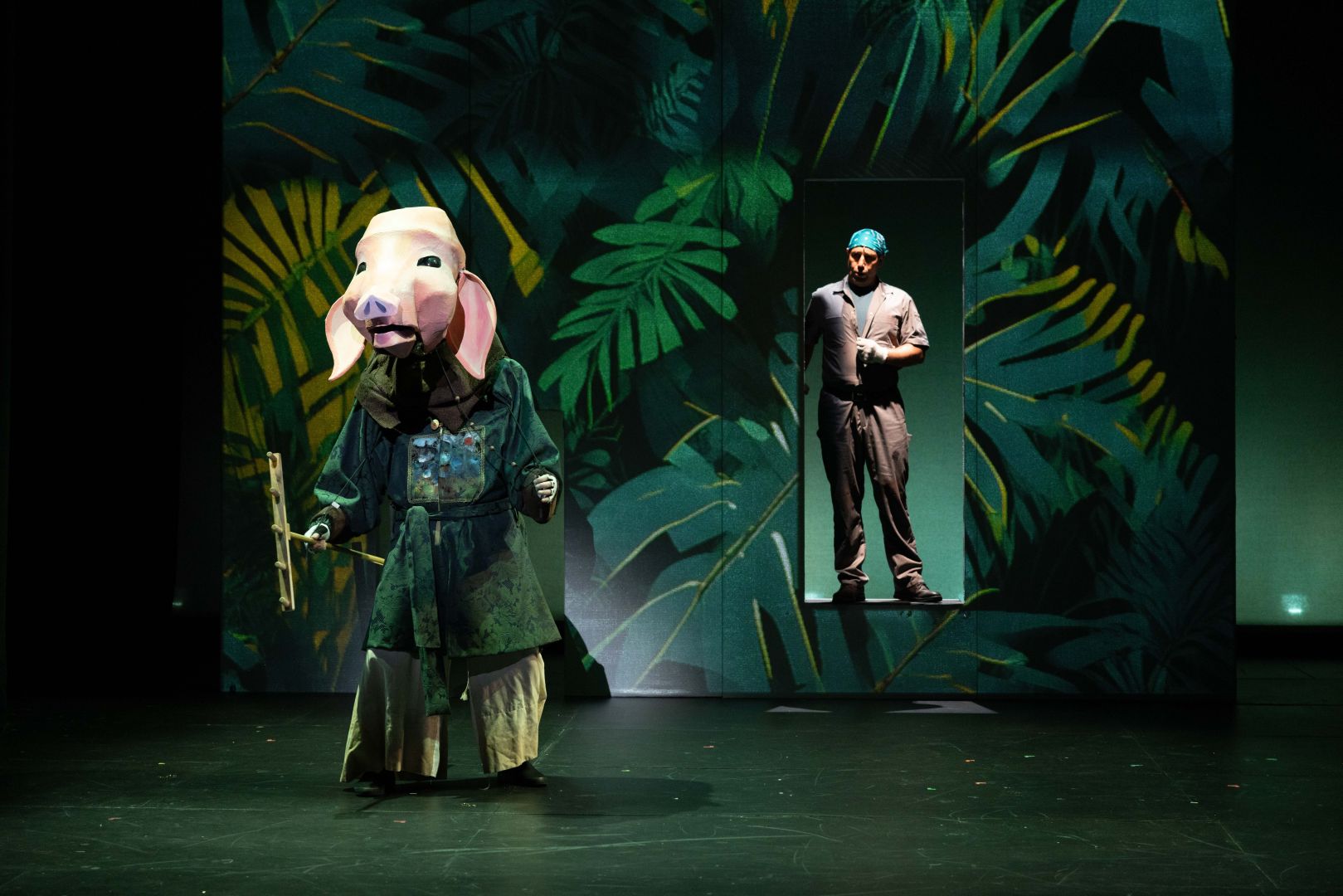Meet Cerise Jacobs | Opera Maker + Founding Artistic Director, White Snake Projects, An Activist Opera Company


We had the good fortune of connecting with Cerise Jacobs and we’ve shared our conversation below.
Hi Cerise, how has your background shaped the person you are today?
I was raised in Singapore, and then moved to America. As an immigrant, I sought to break free from a conservative traditional upbringing and find my place in the United States. A lot of immigrant writers fall back on excavating what they know, the roots that will give them some stability in terms of who they are, by going back into their childhood memories, into their cultural heritage. Part of my personal development was going from a girl who did not have a voice to finding that voice.
Alright, so let’s move onto what keeps you busy professionally?
My work lives at the intersection of three immutable facts – I am an immigrant woman of color of Chinese descent who grew up in colonial Singapore under British rule. I chose to work in opera/music theater because I believe that it is the most powerful performance platform, combining the wonder of the acoustic voice with theater, dance, music, stagecraft and story telling. It is also a Eurocentric, male dominated and elitist art form. I discovered this when the first opera I created, Madame White Snake (based on the most beloved legend in East Asia) won the Pulitzer Prize and I could not get any traditional opera company to even talk to me. I decided then that if I could not join the traditional opera groups, I would make my own “group” and invite others who are outsiders like me, to join me. Hence, I founded White Snake Projects, An Activist Opera Company committed to marrying art and activism.
I want to bring opera into the 21st century (albeit kicking and screaming), and to diversify the field, including attracting new, younger and diverse audiences. To do so, we need to speak in the language of the 21st century. This requires two major initiatives:
1. Telling new stories that reflect who we are as Americans today in all our goodness, ugliness, poignancy and contradictions. To do this, we need to deal with complex issues that have no easy solutions – maybe no solutions at all – that impact the lives of our communities, stories that explore the effects of colonization, how it shapes our view of the relative worth of different communities, the allocation of wealth, migration, education, and justice systems. I am a creator and librettist who tells these stories, collaborating with other creators of color to make opera that reflect the issues facing our communities of color such as: immigration (I Am A Dreamer Who No Longer Dreams), a response to Trump’s revocation of DACA; the way we treat essential workers during the pandemic (Alice in the Pandemic), which was acquired by the Library of Congress; long term and mass incarceration (Death By Life), a response to the murder of George Floyd; the surge in intimate partner violence (A Survivor’s Odyssey); colonization (Cosmic Cowboy); and, multiculturalism (Monkey, A Kung Fu Puppet Parable), among others.
2. The use of cutting edge technology. I create transmedia work using multiple platforms of digital technologies to tell stories in the language that young people understand and love. Live performance is combined with electronics, Foley effects, 2D video, animated 3D computer generated images (CGI), photorealistic avatars who lip sync (in real time) to live singers. Using this technology, some of which we are inventing in the moment to meet the needs of the show, is highly risky as it’s new and untested. I believe, however, that this risk taking is necessary to bring opera into the 21st century.
One of the most revolutionary aspects of my work is launching the Sing Out Strong concert series (SOS) which expands on the theme of a given mainstage opera by soliciting song texts from the people in the community most concerned with and affected by those issues. For Spitting Sand, my project which is the subject of this grant application, I am producing SOS: Liberated Voices with the theme of democracy and freedom, a counterpoint to Spitting Sand which examines totalitarianism. I will work with community members on writing the lyrics to ten songs on this theme, and commission ten composers to set the lyrics to music to make songs which will tour Boston’s neighborhoods.
My work speaks to audiences of color who see themselves reflected on stage, and to young people for whom these stories resonate.
Any places to eat or things to do that you can share with our readers? If they have a friend visiting town, what are some spots they could take them to?
I’d take my friend to Lake Winnipesauke, go by boat to a restaurant on the lake, fish and boat. We’d then go back to Boston to hit some of the great Japanese omakase restaurants like Laughing Monk.
Shoutout is all about shouting out others who you feel deserve additional recognition and exposure. Who would you like to shoutout?
My husband, Charles Jacobs, who died after the premiere of Madame White Snake, our first opera which won the Pulitzer Prize in 2021. He encouraged me to begin a new career in the last phase of my life, switching from being a trial lawyer to an Opera Maker, and founding White Snake Projects, An Activist Opera Company
Website: http://www.whitesnakeprojects.org
Instagram: @whitesnakeprojects
Twitter: @whitesnakeproj
Facebook: @whitesnakeprojects
Youtube: @whitesnakeprojects
Image Credits
Cerise LIm Jacobs (credit: Manon Halliburton) White Snake Projects (credit: Kathy Wittman)
